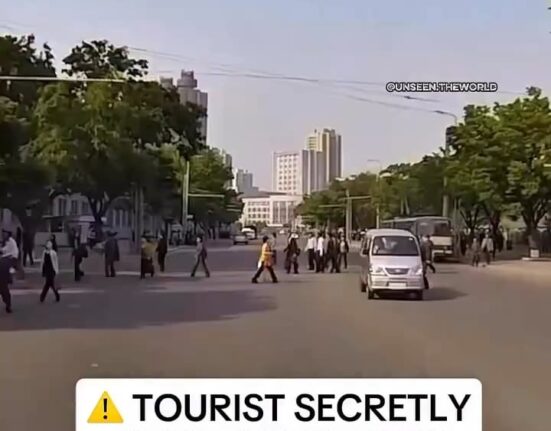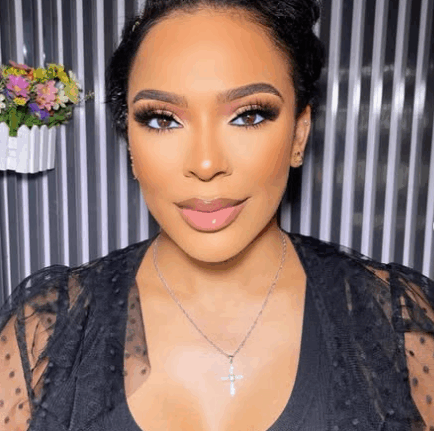President Donald Trump’s senior adviser for Africa, Massad Boulos, has been making waves this week after revealing his discussions with the leaders of Rwanda and the Democratic Republic of Congo (DRC) regarding a significant draft peace agreement. This comes as part of Washington’s efforts to put an end to the longstanding conflict that has plagued the region for decades.
In a recent interview in Washington DC with Reuters, Boulos disclosed that the United States is eagerly awaiting final feedback from Rwanda and DRC on the proposed peace deal by the upcoming weekend. Despite acknowledging that there might still be room for amendments and adjustments, Boulos expressed optimism about reaching a conclusive agreement in the following weeks.
The Trump administration’s interest in resolving conflicts extends beyond promoting peace; it also aligns with its strategic focus on securing access to crucial minerals found abundantly in the region, such as tantalum, gold, cobalt, copper, and lithium. By fostering stability and security in Rwanda and DRC, not only can violent conflicts be quelled but valuable resources vital to various industries can also be safeguarded.
During his conversations with Rwandan President Paul Kagame and DRC President Felix Tshisekedi, Boulos noted their satisfaction with the progress made so far. Describing their response as “very positive,” he highlighted their eagerness to collaborate with both American and Qatari officials along with representatives from the African Union towards achieving a long-lasting solution that ensures enduring peace in the region.
Boulos shared:
“It was very positive from both of them… They’re both looking forward to working with us and with Qataris and with African Union towards achieving a final solution that will give lasting peace.”
Rwanda and DRC recently submitted a joint proposal aimed at ending hostilities in eastern DRC while simultaneously attracting substantial Western investments—a move seen as pivotal for stabilizing the region economically. According to Boulos, extensive work went into drafting this proposal which now awaits final feedback from all concerned parties.
As reported by TimesLIVE,
“We are awaiting the final feedback from both parties… As soon as we finalize this last round… we hope this can be concluded as quickly as possible in coming few weeks.”
With no set timeframe for foreign ministers’ visits yet established, Boulos hinted at Secretary of State Marco Rubio being prepared to convene meetings involving Rwandan and DRC officials once agreements are finalized. The objective remains clear: facilitating dialogue towards cementing a comprehensive peace accord beneficial for all involved parties.
Amidst these diplomatic maneuvers lies an urgent backdrop—an alarming surge by M23 rebels backed by Rwanda within eastern DRC resulting in casualties numbering thousands while displacing hundreds of thousands more. The rebels’ capture of key cities like Goma signifies a distressing turn of events underscoring the pressing need for swift diplomatic intervention.
The allegations leveled against Rwanda for supporting M23 rebels have further complicated matters despite strong denials from Kigali authorities who claim self-defense against incursions by DRC forces alongside militias linked to past genocidal activities. In response to these escalating tensions, Tshisekedi’s government has initiated talks mediated by Qatar aimed at pacifying relations between conflicting factions.
This ongoing saga highlights not just regional conflicts but also underscores broader issues surrounding resource exploitation intertwined with geopolitical interests championed by global powers—setting a stage where diplomacy holds paramount significance today more than ever before.









Leave feedback about this